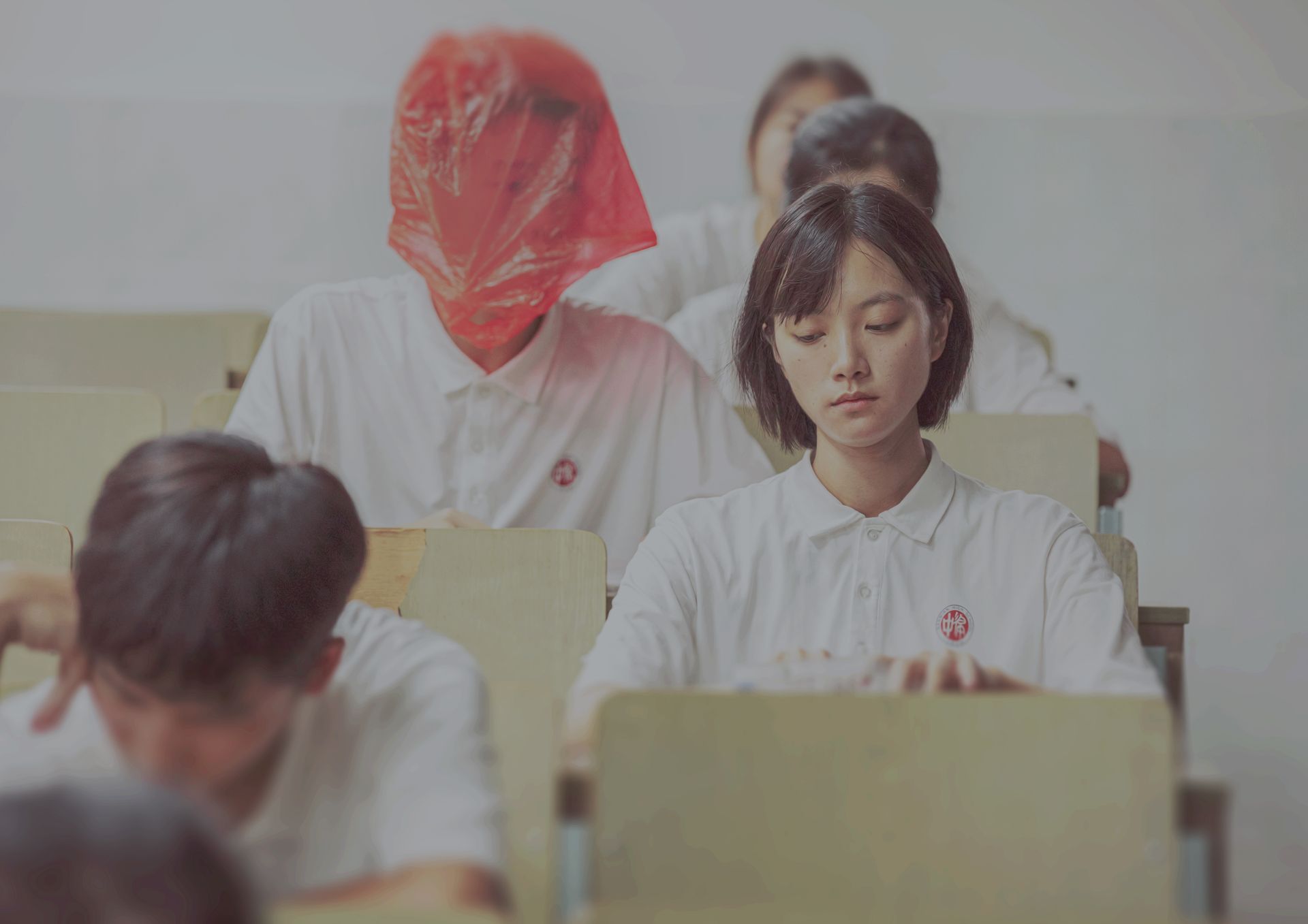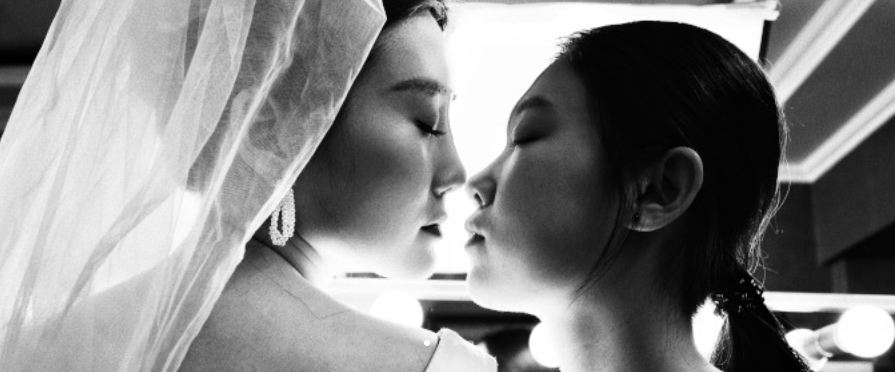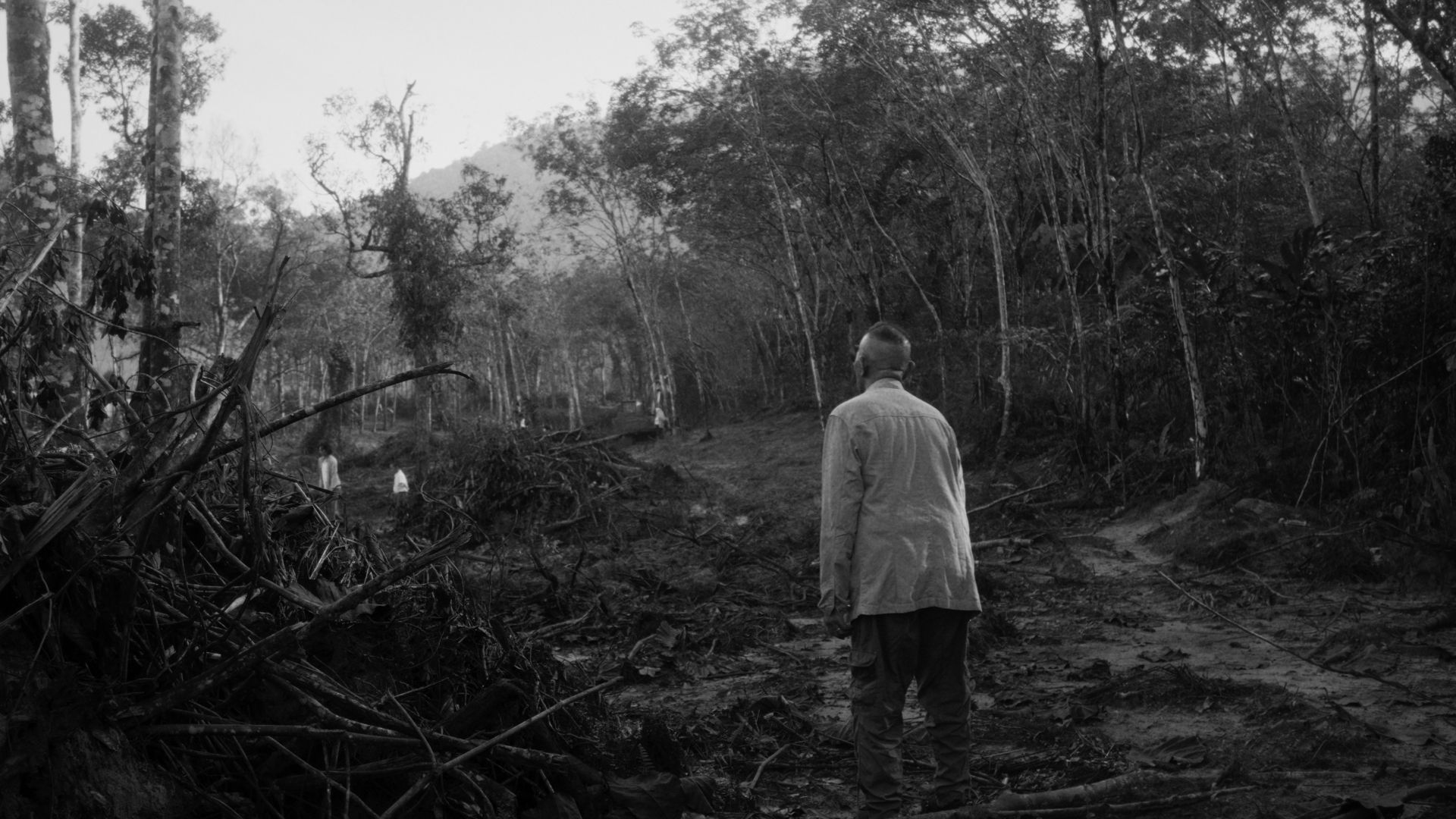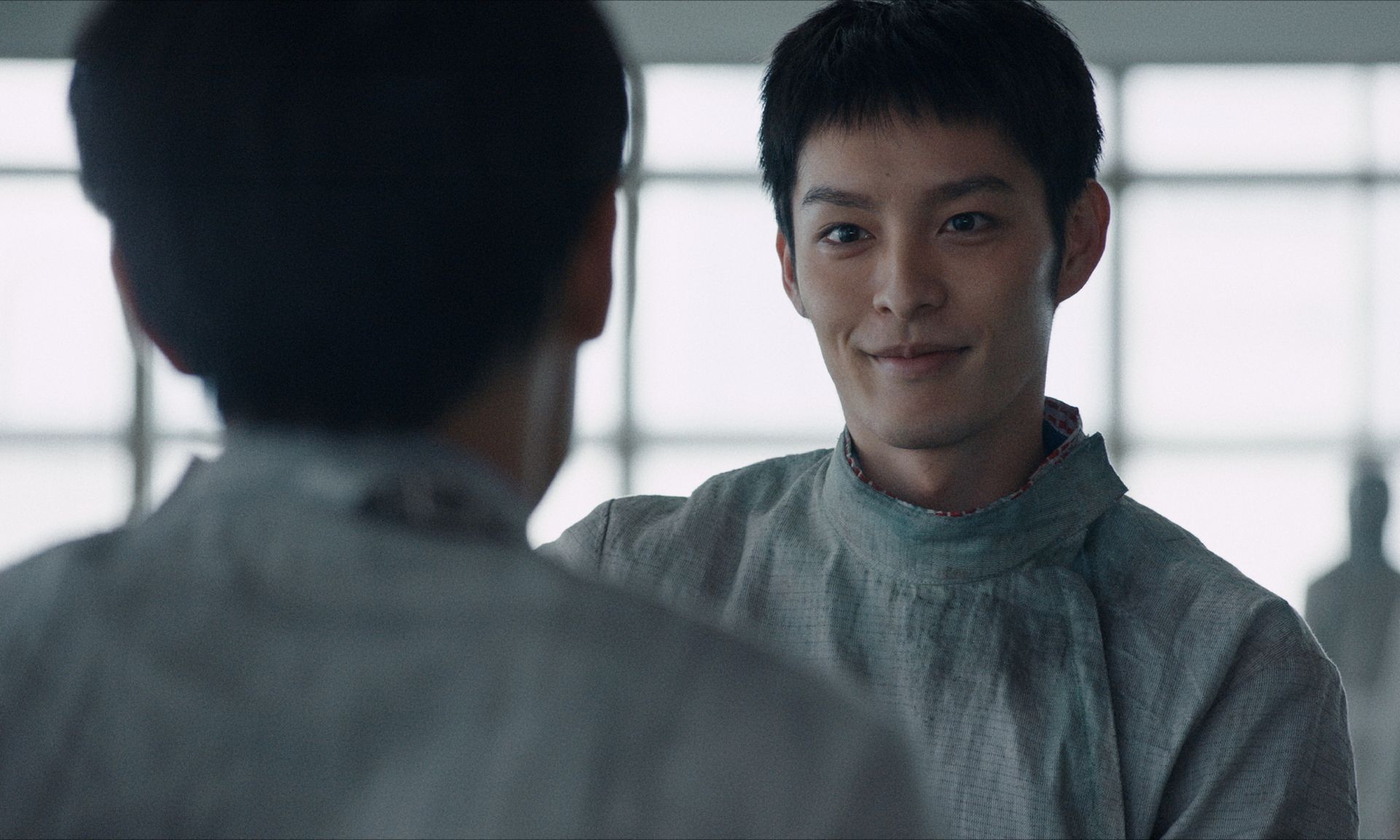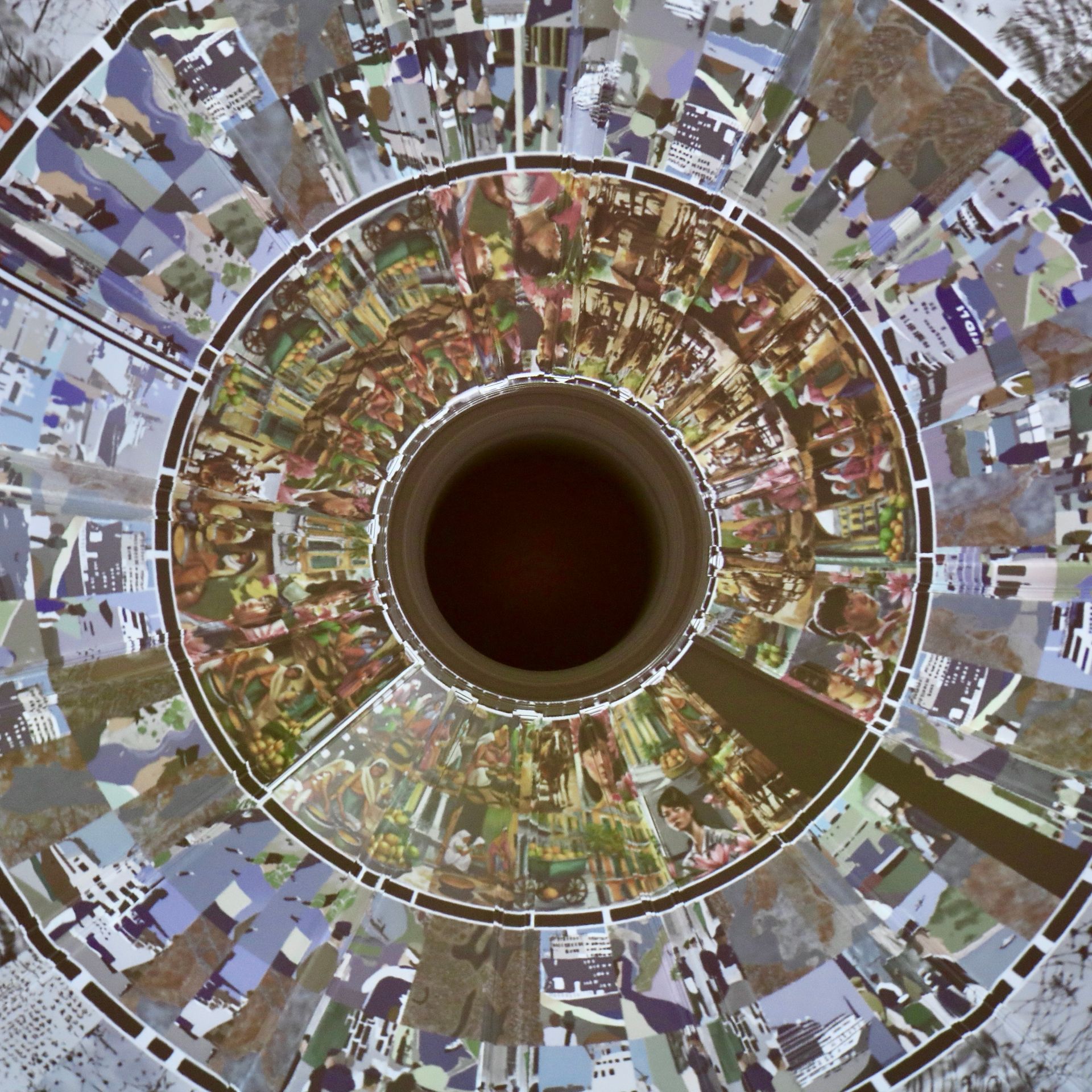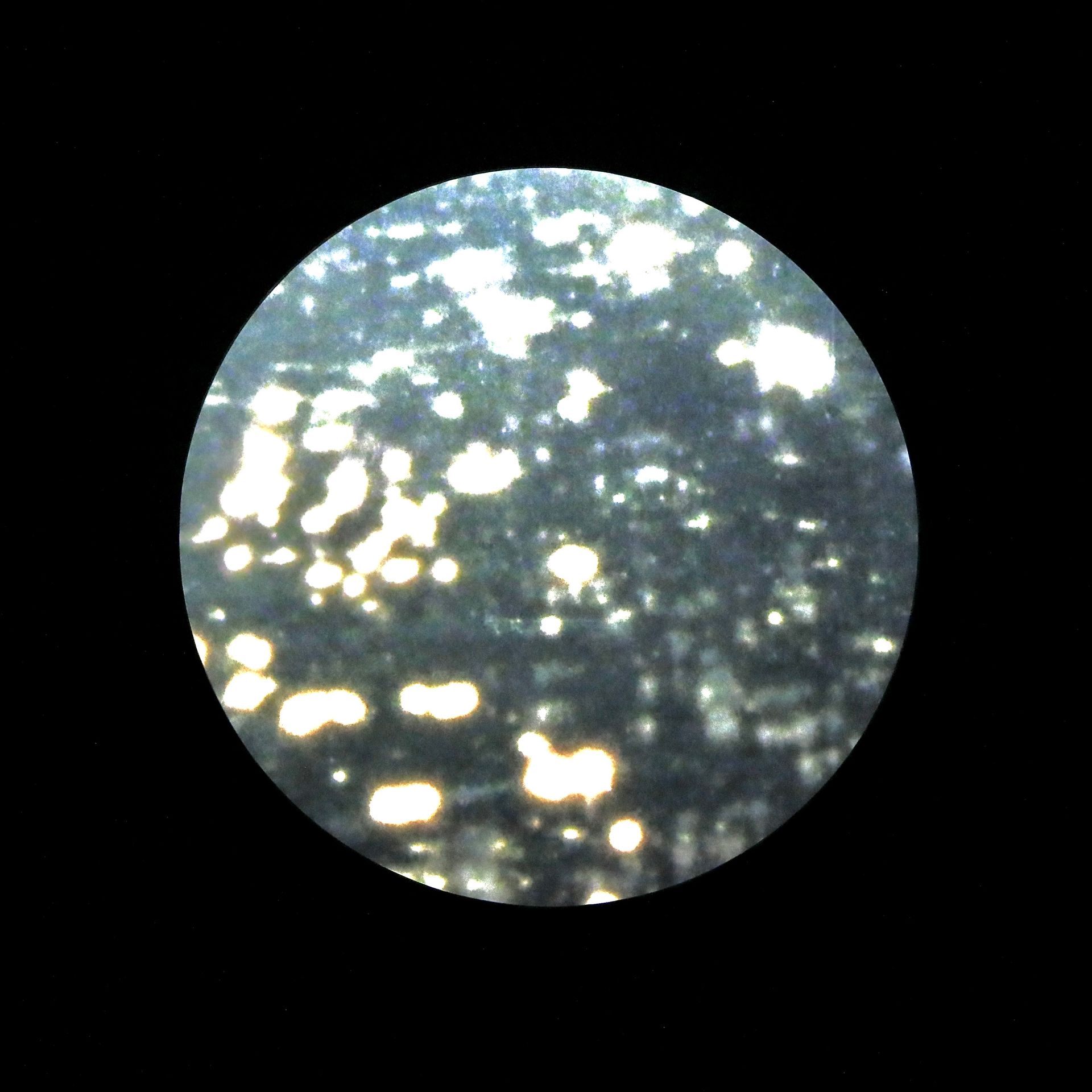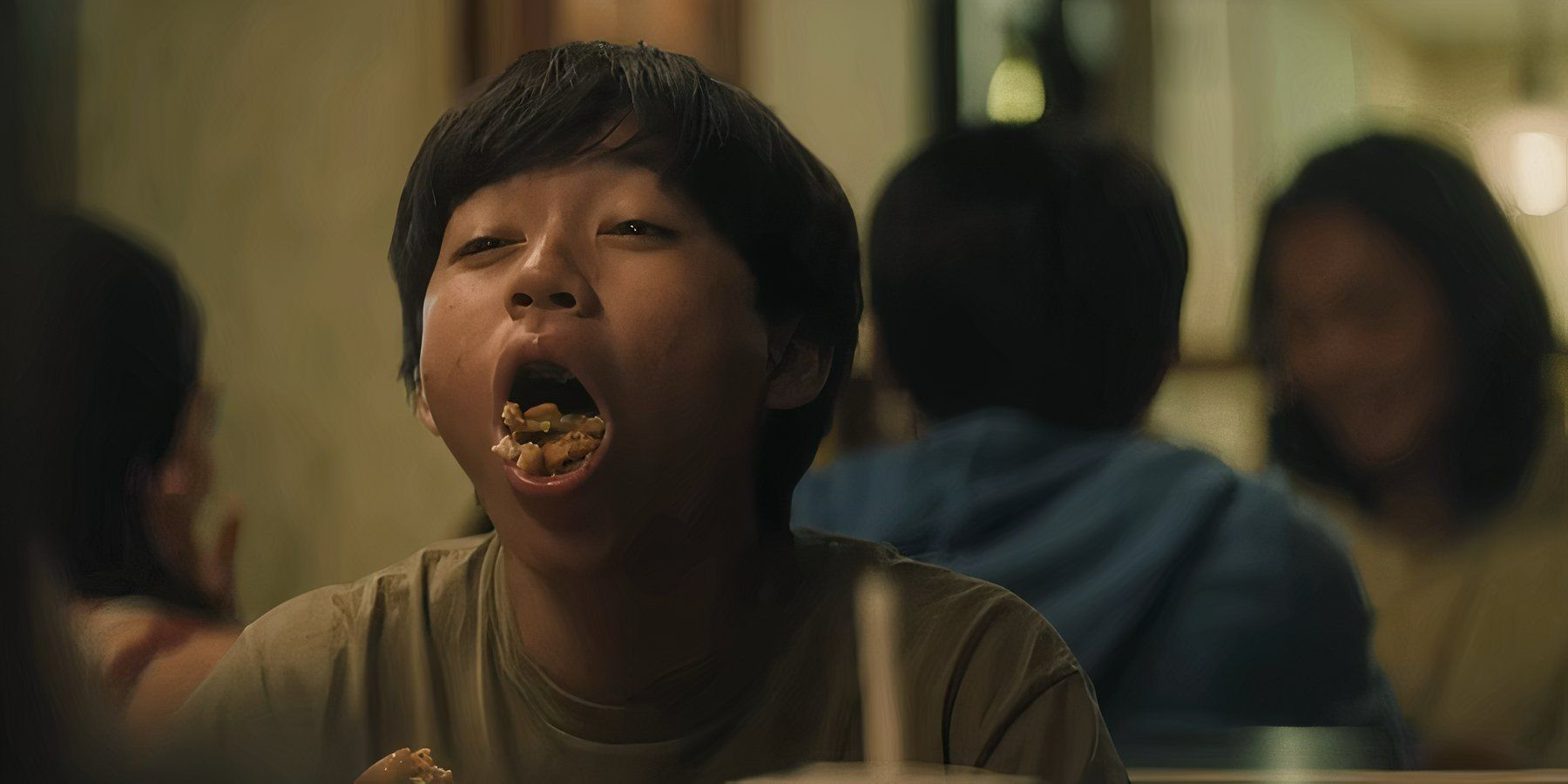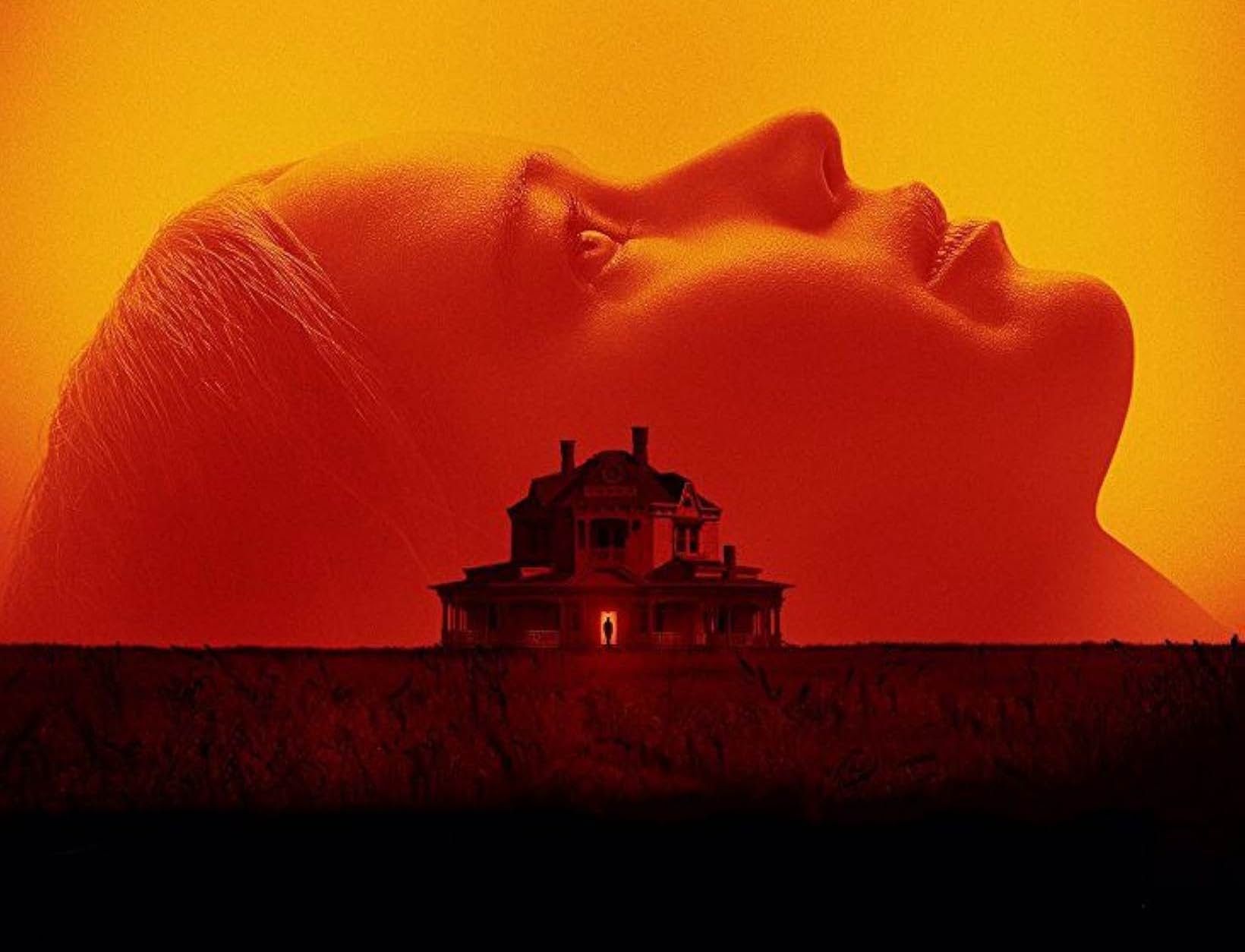Film Review #108: THE TENANTS
Film Review #108: THE TENANTS
*This film review may contain plot spoilers, reader discretion is advised.*
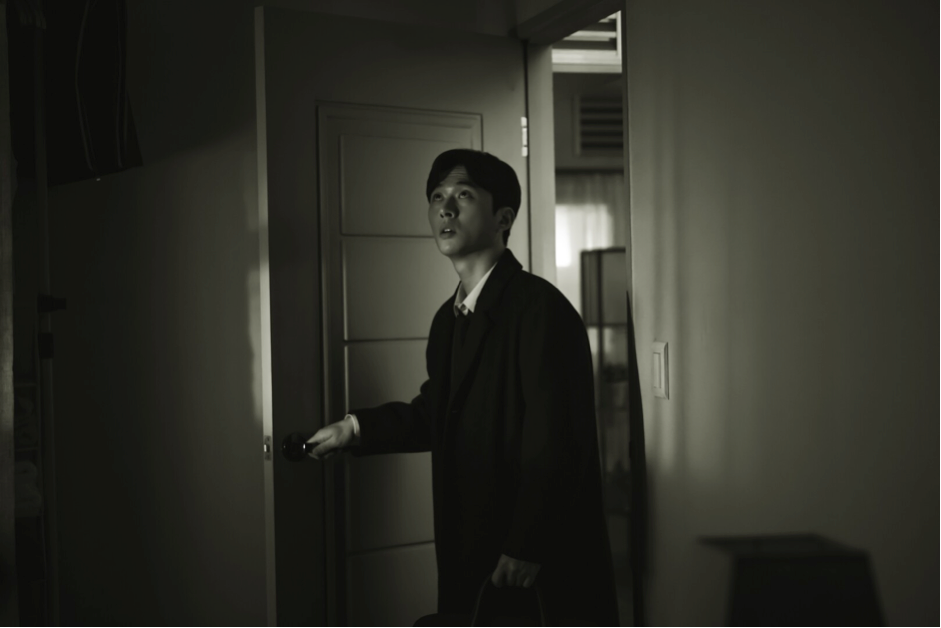
Film still of The Tenants
With a cinematography and plotline that parallels that of David William’s
Brazil (1985), Bong Joon Ho’s
Parasite (2019) and Franz Kafka’s
The Metamorphosis,
The Tenants (2023) by Yoon Eunkyuong manages a brilliant reimagining of the ways in which dystopian worlds can be constructed through the sci-fi horror genre.
The film, which premiered at the 2024 Singapore International Film Festival (SGIFF), illuminates socio-economic crises exacerbated during the pandemic and explores a dystopian world of housing crises, environmental degradation as well as pervasive capitalism.
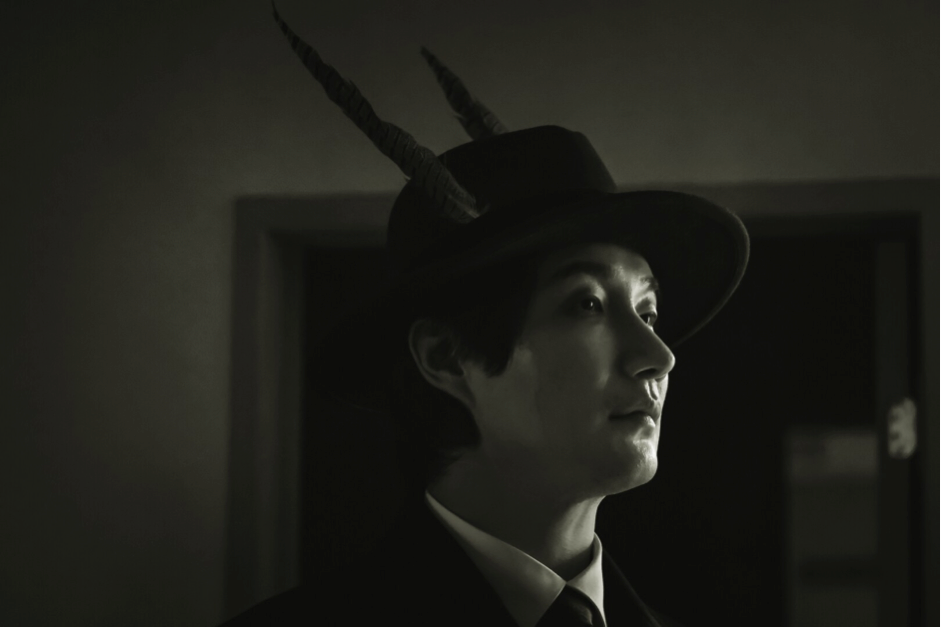
Film still of The Tenants
Shin Dong, the film’s lead, receives a letter about his eviction from his apartment and, with his online friend’s advice, decides to put his room up for rent to evade eviction by his landlord. The offer is taken up swiftly by an eccentric newly-wed couple — a tall, suited-up imposing man and his comparatively tiny wife who stays smiling and mute for most of the movie. Though seemingly harmless, their strangeness soon pervades Shin Dong’s home and his personal life as they overstay their welcome.
The in-between spaces in The Tenants
The Tenants plays on levels just as Parasite does, featuring the isolated, desolate world of the attic, and the “real” world on the first floor where Shin Dong resides. Unlike Bong's Oscar-winning film however, Yoon is heavy-handed in her approach to the film’s generic forms and pushes its absurdism both visually and narratively. During the post-screening Q&A at the film’s premiere, the director stated that though the film was initially in colour, she felt that monochrome would shape the narrative better — and she is right.
By cleverly leaning into the deeply absurd world of The Tenants, Yoon blurs the hierarchy between the attic and the main floor as a metaphor for the illusion of ranks and progress in the corporate world. As the protagonist moves between and through spaces, the film makes it difficult to locate him within its surreal world, estranging both the audience and Shin Dong himself from the reality within The Tenants. The monochrome tones also further obscure the already surreal setting and perpetually elude the audience.
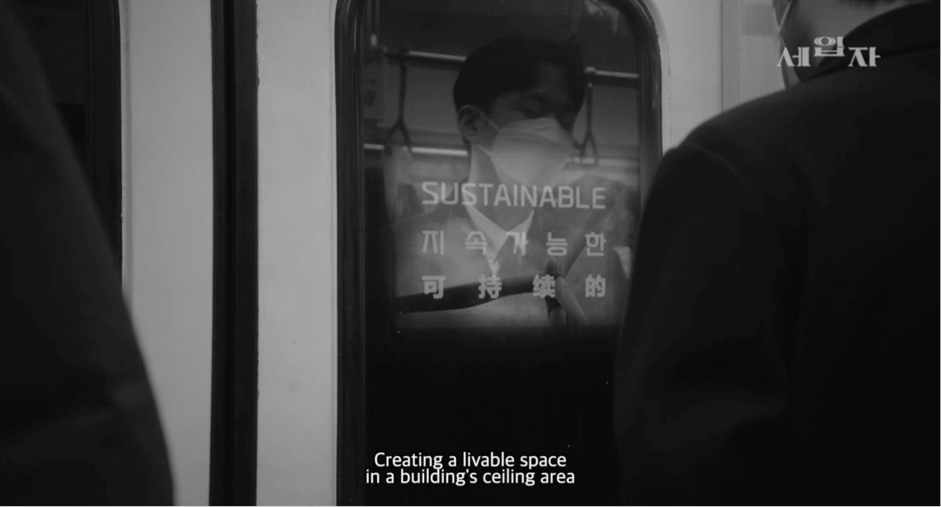
Film still of The Tenants
In fact, there are moments when this lack thereof in terms of visual locales and established sense of place in The Tenants filmic world feel dissatisfying for my comprehension of the story, yet it also enhances the non-space that Yoon has created. Rather than concretising a sense of here and now, the film thrives in its peculiar rejection of space and time, and instead embraces their abstraction — Shin Dong’s hallucinatory multi-leveled apartment being the source of the film’s absurdism.
It is this discomforting feeling of not truly knowing where one is — in Shin Dong’s room, his attic, or somewhere else entirely — that effuses a creeping sense of hopelessness.
Is there a paradise?
Shin Dong is depicted as a determined worker who strives to reach the elusive paradise (it is a vast, scenic beach that contrasts the grey concrete buildings in the city) but is entrapped by his monotonous corporate life.
Relating the film’s portrayal of the relentless corporate culture with Camusian absurdism, the absurd is knowing that we live in a perpetual cycle of rank chasing and will never quite reach that “paradise” we associate with higher status, wealth or power. This fight is irrational anyway, as paradise does not exist.
When reality finally settles in in the form of Shin Dong’s entrapment in the attic, he is awakened to the absurd. The girl that had once haunted him from above his ceiling is now sleeping soundly in his bed while Shin Dong stares down at her through the cracks, now cast as the stranger bunking in the attic. As opposed to the positive response that Camus proposes when facing the inevitably irrational and meaningless world, The Tenants offers a depressing conclusion that takes on a much grimmer view due to the prevalent socio-economic anxieties of today’s world.
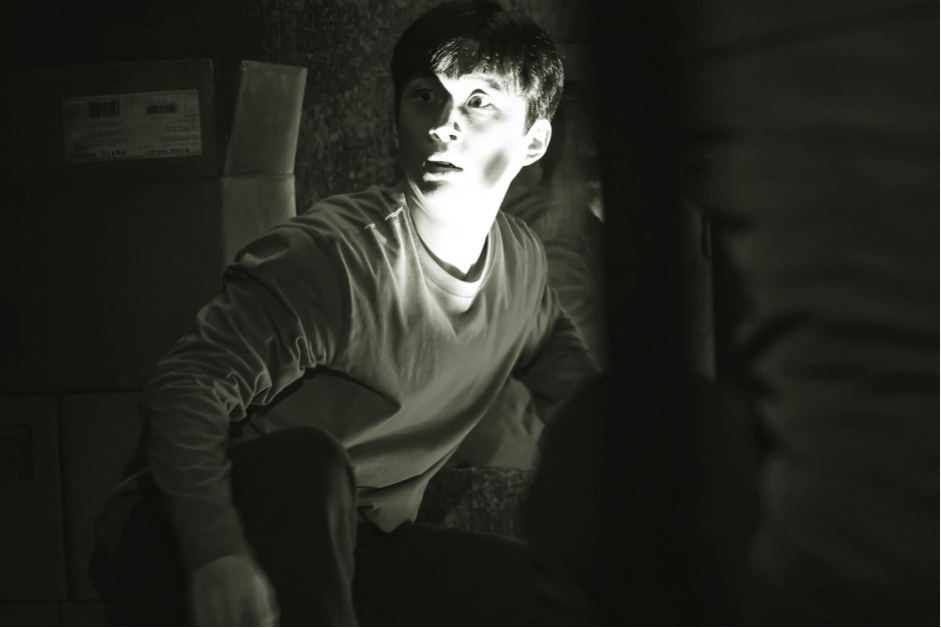
Film still of The Tenants
In the final scenes, Shin Dong is given a choice. There are pills in the attic that upon consumption would allow him to continue living in his hallucinations — which he eventually succumbs to. He then awakens once again to find himself back in his own room and the cycle of self-delusion continues.
The film’s bleak outlook is what sets its depiction of the absurd apart from that of Camus’s comparatively optimistic interpretation of Sisyphus’s punishment by the gods. Condemned to push a boulder up a hill and have it fall again and again for eternity, Camus finds Sisyphus’s lucidity towards his outwardly meaningless punishment significant, and states that meaning for the condemned man lies in the tiny grains of sand on the hill.
In contrast, lucidity towards one’s meaningless pursuit for success in Yoon’s film does not seem viable for the Shin Dong, nor to the audience who reside in a parallel, capitalistic world. Plagued by a sense of necessary conformity to social structures enforced by capitalism, we too are caught in the in-between space of the Yoon’s attic, desiring escape from a system that entraps us with nowhere certain to go.
Hence, choosing to take the pills, Shin Dong resigns to the false escape from his bleak reality. One cannot imagine Shin Dong happy.
——————————————————————————-
This review is published as part of *SCAPE’s Film Critics Lab: A Writing Mentorship Programme, with support from Singapore Film Society.
About the Author: Hoiye loves people's ideas and their stories, and is still striving to uncover more and share them better. Film and literature are places where Hoiye seeks out these voices to explore more narratives from around the region. Outside Hoiye's air-conditioned cocoon with books and films, you can find Hoiye falling off plastic rocks and going on solo coffee dates.

